
Rising Star
China's New Security Diplomacy
Read or listen offline
Amazon KindleRecommendation
Former U.S. Secretary of State Henry Kissinger once described diplomacy as “the art of restraining power.” As China unleashes its economic power, and its political and military strengths continue to mount, what role will diplomacy play in China’s fate in the 21st century? In great depth and detail, author Bates Gill, an expert on China’s foreign policy, explains a dramatic change in the way China views the world, and in its approach to national security and international relations. This shift has taken China far from the Maoist age of supporting terrorism and counterrevolution, and into a new era that emphasizes collaboration and cooperation, participation in international initiatives, and some compromise on such issues as sovereignty. Gill scrutinizes each cog in China’s diplomatic machine (except the U.S.'s debt, which has grown in signficance over time) and provides a thorough historical background. Though this book is remarkably well-researched and revealing, its style is more suitable to academia than to general interest reading. Yet, getAbstract reckons that international relations enthusiasts with an interest in China’s role in the world can learn a lot from it.
Summary
About the Author
Bates Gill is the director of the Stockholm International Peace Research Institute. He is a co-author of China: The Balance Sheet. He is the former director of the Center for Northeast Asian Policy Studies at the Brookings Institution.







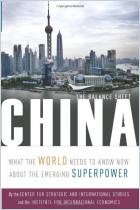
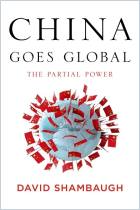
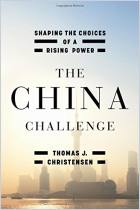
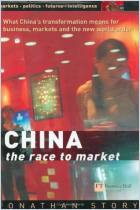
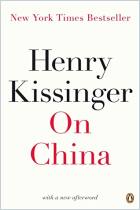
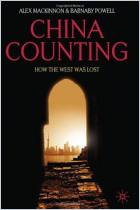
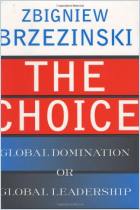





Comment on this summary or Iniciar a Discussão